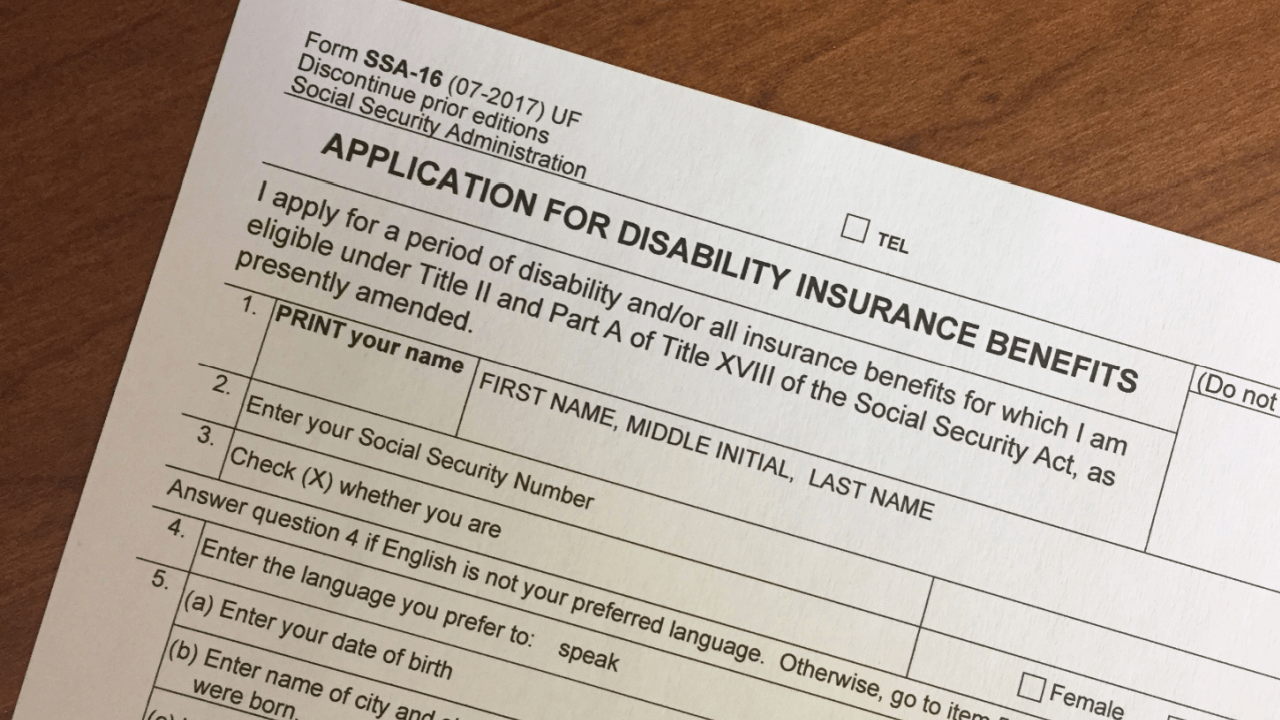
Is It Worth It to Appeal an SSDI Denial? A Practical Overview
Appeal Considerations: Is It Worth It to Appeal an SSDI Denial
Is it worth it to appeal an SSDI denial? The answer depends on individual circumstances. Understanding your options and the appeal process can help you evaluate whether pursuing an appeal is appropriate for your situation.
Many SSDI applicants face denial on their first attempt. Appealing an SSDI denial allows for additional review and the opportunity to submit new information for consideration.
Understanding SSDI Appeal Success Rates
The Social Security Administration processes millions of disability claims annually, and appeal statistics show compelling reasons why pursuing an appeal is worthwhile. At the reconsideration and hearing levels, claims are reviewed again by different decision-makers. These additional stages allow for updated evidence, testimony, and further case development.
The disability determination process involves multiple review levels, each offering fresh perspectives on your case. New medical evidence, improved legal representation, and more thorough case development often lead to successful outcomes during appeals.
Financial Impact: Why Appeals Make Economic Sense
Calculating whether it’s worth it to appeal an SSDI denial involves examining the financial implications. SSDI benefits may include ongoing monthly payments and, in some cases, retroactive benefits based on the established onset date, subject to program rules. This financial recovery often far outweighs any costs associated with pursuing your appeal.
Additionally, SSDI approval makes you eligible for Medicare after a 24-month waiting period. The combined value of monthly benefits and future healthcare coverage makes appealing an SSDI denial financially sensible for most applicants.
Time Investment vs. Potential Returns
The SSDI appeal process typically takes 12-18 months from denial to hearing decision. While this seems lengthy, the potential financial returns justify the time investment. The appeal process can take time, and some claimants choose to proceed based on the potential availability of past-due and ongoing benefits.
Strategic Considerations for Appeal Success
Several factors determine whether it’s worth it to appeal an SSDI denial in your specific situation. Medical evidence quality plays the primary role in appeal success. Medical documentation plays an important role in how claims are evaluated during appeals.
The Appeals Council reviews cases that don’t succeed at the hearing level, providing another opportunity for approval. However, most successful appeals conclude at the Administrative Law Judge hearing stage.
Some claimants choose to work with legal representatives to assist with evidence development and procedural requirements. Attorneys specializing in SSDI appeals understand the system’s nuances and can strengthen your case presentation. Many legal representatives work on a contingency-fee basis, subject to applicable rules and approval.
Working with experienced professionals from Social Security Disability can provide valuable guidance throughout your appeal journey. Their expertise helps navigate complex regulations and maximize your success potential.
Smart Strategy Today: Is It Worth It to Appeal an SSDI Denial
Appealing an SSDI denial may be an option some individuals consider, depending on their circumstances and available evidence.
Don’t let an initial denial discourage you from pursuing the benefits you’ve earned through years of work and contributions.
Take Action Now: Is It Worth It to Appeal an SSDI Denial
If you’ve received an SSDI denial, time is critical—you have only 60 days to file your appeal. Contact Social Security Disability to request a free case evaluation and learn more about the SSDI appeal process and applicable deadlines.
Frequently Asked Questions
1. How long does an SSDI appeal take?
SSDI appeals typically take 12-18 months from filing to final hearing decision, though timelines vary by location and case complexity.
2. What are my chances of winning an SSDI appeal?
Success rates vary by appeal level: reconsideration succeeds about 13% of the time, while hearings succeed 45-65% of the time.
3. Do I need a lawyer to appeal an SSDI denial?
While not required, legal representation significantly improves your success chances and attorneys work on contingency for SSDI appeals.
4. Can I work while my SSDI appeal is pending?
Limited work activity is permitted during appeals, but substantial gainful activity could harm your case.
5. What happens if I miss the 60-day appeal deadline?
Missing the deadline typically means starting over with a new application, losing potential retroactive benefits from your original filing date.
Key Takeaways
- SSDI appeals succeed 45-65% of the time at the hearing level, making them statistically worthwhile
- Retroactive benefits and ongoing monthly payments create substantial financial value for successful appellants
- You have only 60 days from denial to file your appeal—timing is critical
- Legal representation significantly improves success rates and works on contingency
- The combined value of SSDI benefits and Medicare eligibility justifies the appeal process investment


